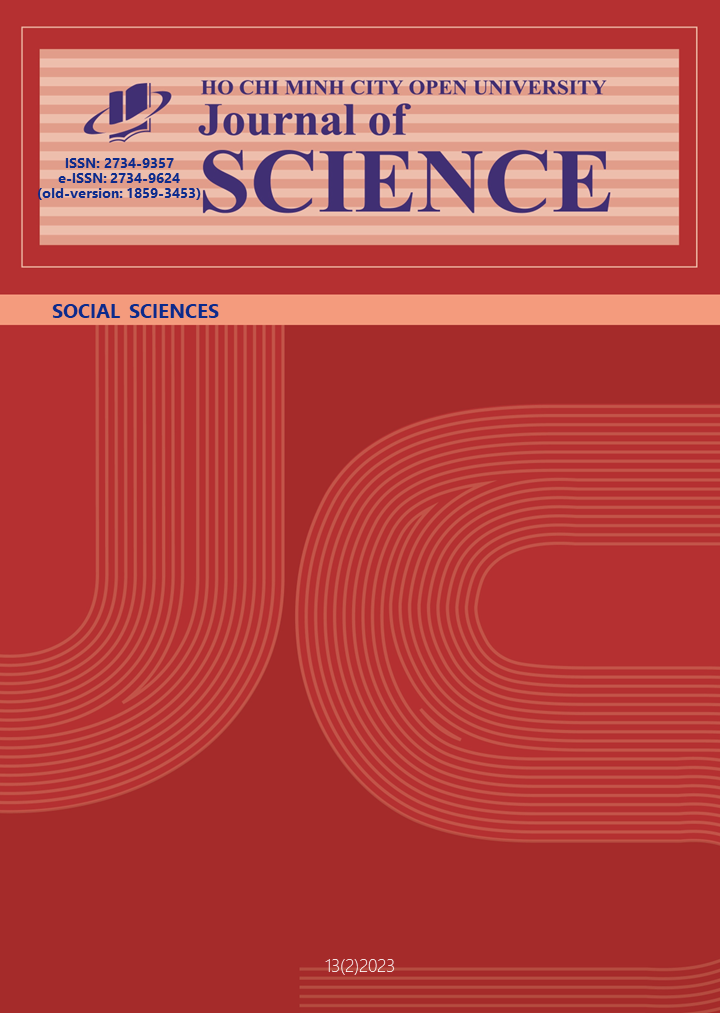e-Work Self-Efficacy digital competence and work engagement of teachers in public secondary schools from two provinces in the Philippines
Tóm tắt
This descriptive-correlational research design aimed to determine the significant relationships between e-Work SelfEfficacy digital competence, and work engagement of teachers in secondary schools in the Philippines. The respondents of the study were 244 teachers from public secondary from two provinces. They were selected through Simple Random Sampling. The study was conducted via online forms. The gathered data were treated using statistical tools such as Mean, Standard Deviation, Pearson r, Hayes Process, and Multiple Linear Regression. The results of the study suggest that enhancing e-Work Self-Efficacy and digital competence may lead to increased work engagement, which could ultimately lead to better job performance and satisfaction in the context of remote work. The results of moderation analyses revealed that the
respondents’ profile age, length of service, and academic rank significantly moderated the relationship between e-Work Selt-Efficacy and work engagement. Hence, the hypothesis stating that the respondents’ profile variables do not significantly moderate between e-Work Self-Efficacy and work engagement and also the hypothesis stating that the respondents’ profile variables do not significantly moderate between digital competence and work engagement of the respondents were both partly upheld. The result of regression analysis identified that digital competence singly predicted the Work Engagement of the respondents. Moreover, the regression further revealed that digital competence and e-Work Selt-Efficacy, in combination, predict the work engagement of the respondents. Hence, the hypothesis stating that the respondents’ profile, e-Work Self-Efficacy and digital competence do not significantly predict their work engagement was partly upheld.

